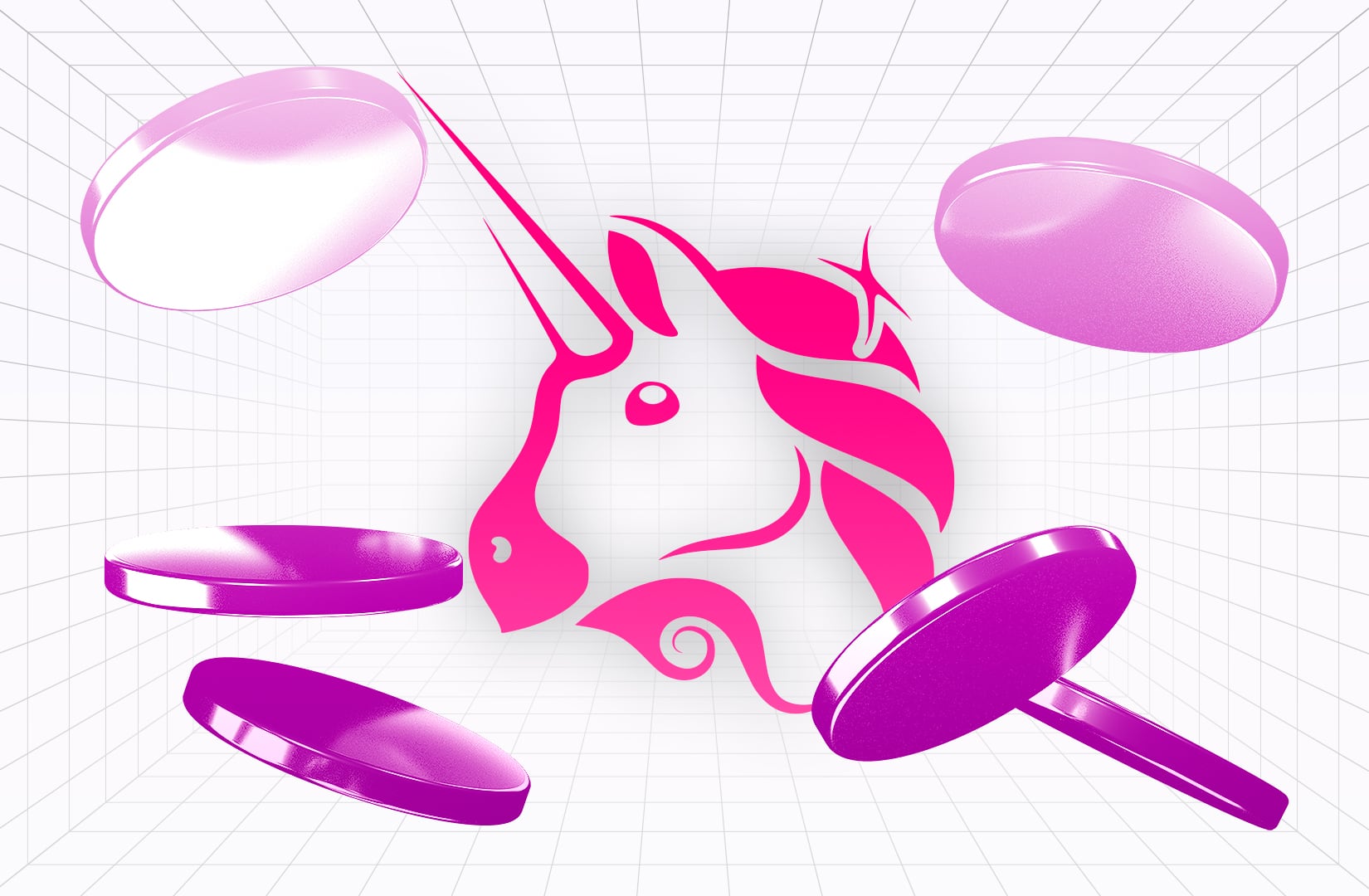Uniswap revives ‘fee switch’ revenue share proposal
0
0

A version of this article appeared in our The Decentralised newsletter on June 17. Sign up here.
More than a year after the Uniswap Foundation nixed a highly-anticipated vote to activate Uniswap’s so-called fee switch, the proposal is back.
A new vote to activate the fee switch could come as soon as mid-summer, according to Abdullah Umar, a member of the Uniswap DAO’s accountability committee.
Uniswap is the largest decentralised exchange on Ethereum, and its fee switch has been a point of contention for years.
Today, liquidity providers get a cut of every transaction on Uniswap. It’s a lucrative business: users have paid more than $91 million in swap fees over the past month, according to DefiLlama data.
Activating the fee switch would mean a portion of those fees are shared with investors who own the Uniswap token, UNI.
UNI holders also happen to be the ones who decide whether the fee switch gets activated. So why hasn’t it happened yet?
When the Foundation cancelled the vote last year, a representative cited a “new issue” raised by an unnamed stakeholder.
Dan Robinson, a general partner at crypto venture capital firm Paradigm, accused the Foundation of caving to pressure from another “large VC” seeking to advance its own “pet projects.”
It seemed to be a veiled reference to Andreessen Horowitz and Wyoming’s Decentralized Unincorporated Nonprofit Association, or DUNA — a kind of legal wrapper for crypto cooperatives like the Uniswap DAO that the firm has praised as “an oasis for DAOs.”
“DAOs that fail to use a legal entity for their organisation are deprived of legal existence, are unable to pay taxes and are exposed to potential liability,” Miles Jennings, general counsel at the firm’s crypto arm, a16z Crypto, wrote in a blog post last year.
So perhaps it was no surprise when Umar said the fee switch could soon come up for a vote — bundled with DUNA incorporation.
This is surely welcome news for UNI holders. But the fee switch saga is also an indictment of decentralised governance, which is plagued by a combination of apathy and centralised control, according to Getty Hill, a Uniswap DAO delegate and longtime proponent of activating the fee switch.
“Multiple token holders own in excess of 5% of the protocol’s voting supply. You have a couple that own in excess of 10%,” he told me.
“I’m pretty sure if we look at the cap table of [a company like] Apple, or any large S&P 500 company, those things are probably far more decentralised than anything in DeFi.”
Nevertheless, the voting power of any other power player in the Uniswap DAO can be overcome if most token holders voted, Hill said.
Over the past 10 months, two popular proposals failed initial votes because they didn’t reach quorum.
“One of our investors was talking the other day, and he’s like, ‘Getty, why do you even care about DAOs anymore? The year’s 2025, you need to move on,’” Hill said.
“There’s so much potential. There’s so much value locked inside of these things.”
Top DeFi stories of the week
This week in DeFi governance
VOTE: Uniswap DAO votes to create a technical advisory board
PROPOSAL: Lido DAO debates giving LDO tokenholders a share of Lido protocol revenue
VOTE: Arbitrum DAO votes to expand operation company authority
Post of the week
Posting on X is a great way to build a following and draw attention to your new company or product. It’s also a great way to waste time.
the CEO of Deribit (sold to CB for $2.9B) only has 715 followers
— bryce 💀 (@sadbryce) June 12, 2025
i beg u to stop shitposting and build something pic.twitter.com/HIKI6z54oC
0
0
 Manage all your crypto, NFT and DeFi from one place
Manage all your crypto, NFT and DeFi from one placeSecurely connect the portfolio you’re using to start.





